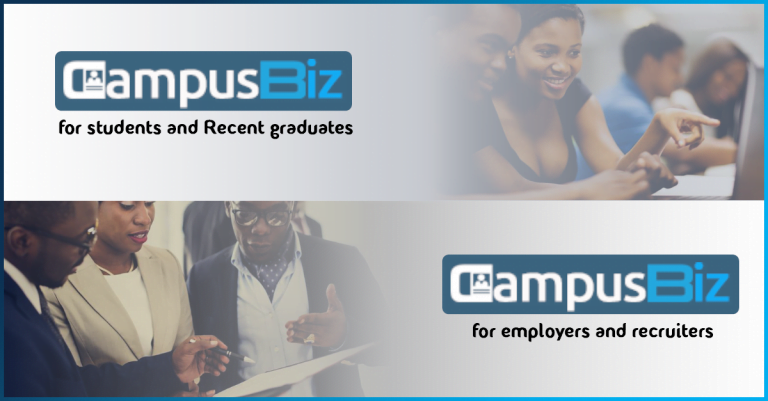CampusBiz is the platform where young professionals find the power of community!
Connect, share, engage and build a community for the future!
Groups
-
active an hour ago
-
active an hour ago
-
active an hour ago
-
active an hour ago
-
active an hour ago
-
856 members
-
773 members
-
694 members
-
467 members
-
281 members
-
created a week ago
-
created 2 weeks ago
-
created 8 weeks ago
-
created 5 months ago
-
created 8 months ago
Timeline
-
Hello everyone. Am Florence Ouma a graduate from Technical University of Mombasa in diploma in electrical and… Read more
-
Hello, my name is Miriam Kimani. I pursued bachelor of science in human resource management. Am looking for an… Read more
-
James Nderitu replied to the discussion Data Analytics Role in the forum JOB CONNECTIONS 6 days ago
Hello guys. I’m in search of an actuarial internship, or any actuarial related internship and entry level jobs…
Halima Hassan, Ruth Kamene and 5 others -
Am Kelvin.Am a graduate of Entrepreneurship from Cooperative University of Kenya.Am looking for work opportunities
-
OptionsArray
cm1500448 posted an update in the group
 Jobseekers in Nairobi a week ago
Jobseekers in Nairobi a week agoAttachment opportunity AVAILABLE!!! Apply now in confidence
Forums
-
Thomas Thethe replied 9 months, 1 week ago
Helping me to get a training of hospitality -
 CampusBiz replied 10 months, 2 weeks ago
Ask any question about the new university funding model!
CampusBiz replied 10 months, 2 weeks ago
Ask any question about the new university funding model! -
 CampusBiz replied 1 year, 2 months ago
Sad to here but all will be well in due time… Just hang in there… Meanwhile, …
CampusBiz replied 1 year, 2 months ago
Sad to here but all will be well in due time… Just hang in there… Meanwhile, … -
 CampusBiz replied 1 year, 10 months ago
The Ministry of Labour and Social Protection requests for Expression of Interest from qua…
CampusBiz replied 1 year, 10 months ago
The Ministry of Labour and Social Protection requests for Expression of Interest from qua…
Explore CampusBiz Platform

CampusBiz Careers
Entry-level Jobs in Kenya
Find Attachments, Internships, Traineeship, Apprenticeship and/or Entry-Level Vacancies in Kenya.
CampusBiz Gigs
Online Gigs for Everyone
Find short-term gigs that match your expertise. For Employers, hire the best freelance talent for that urgent task.

